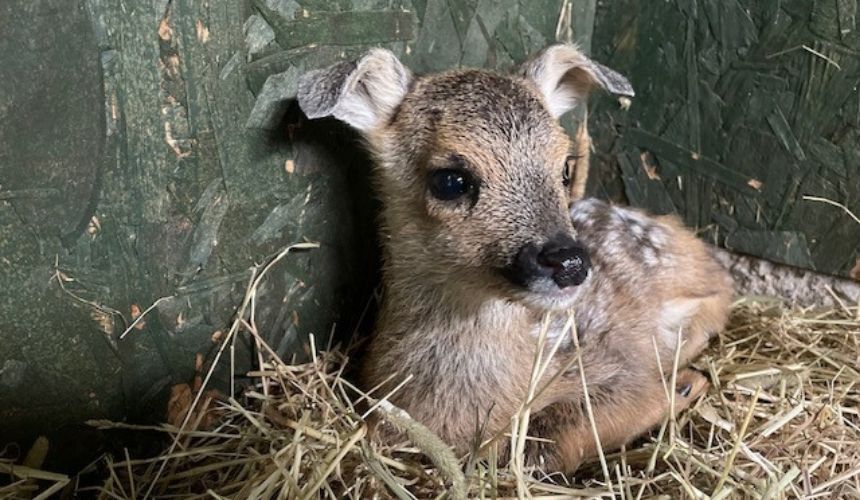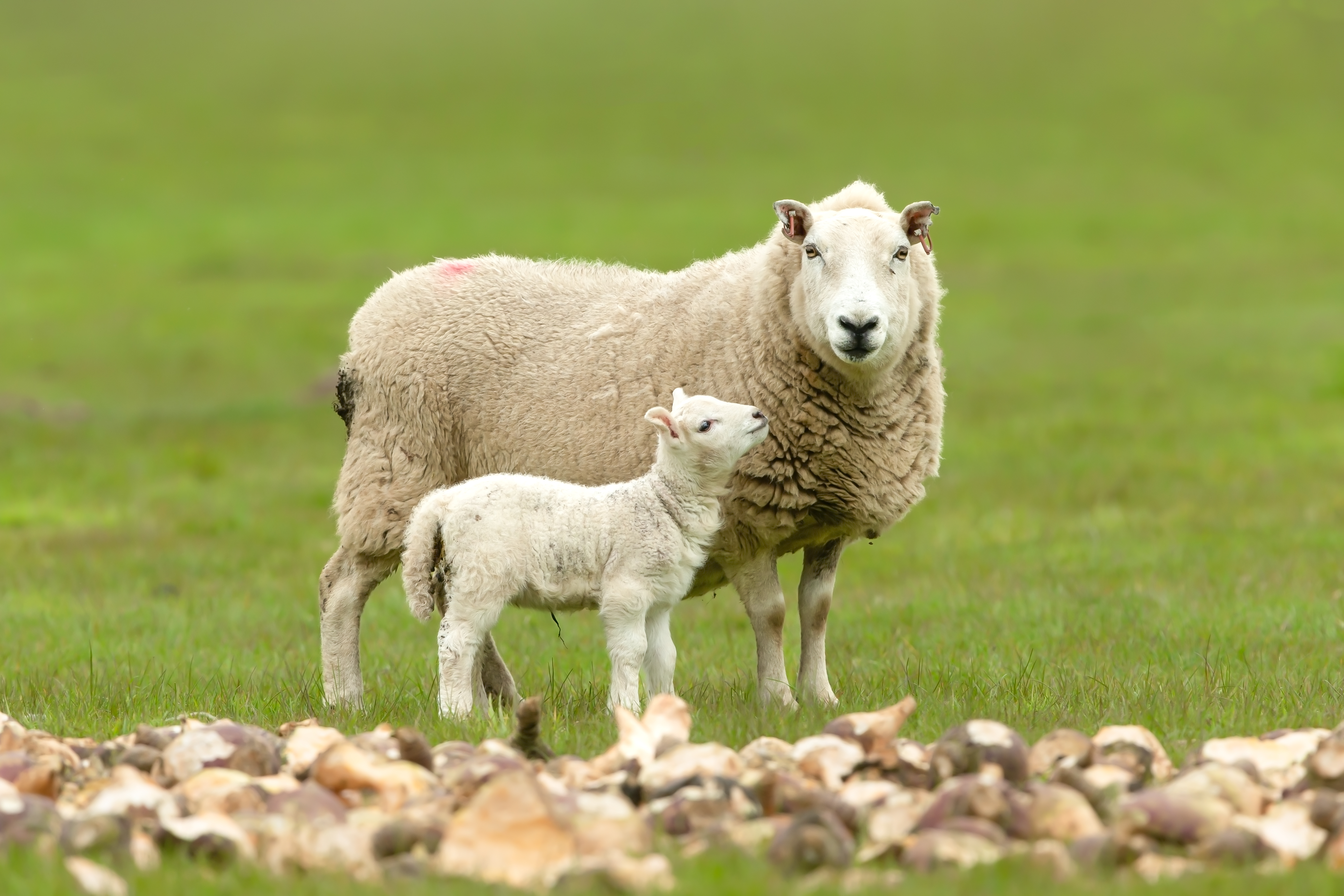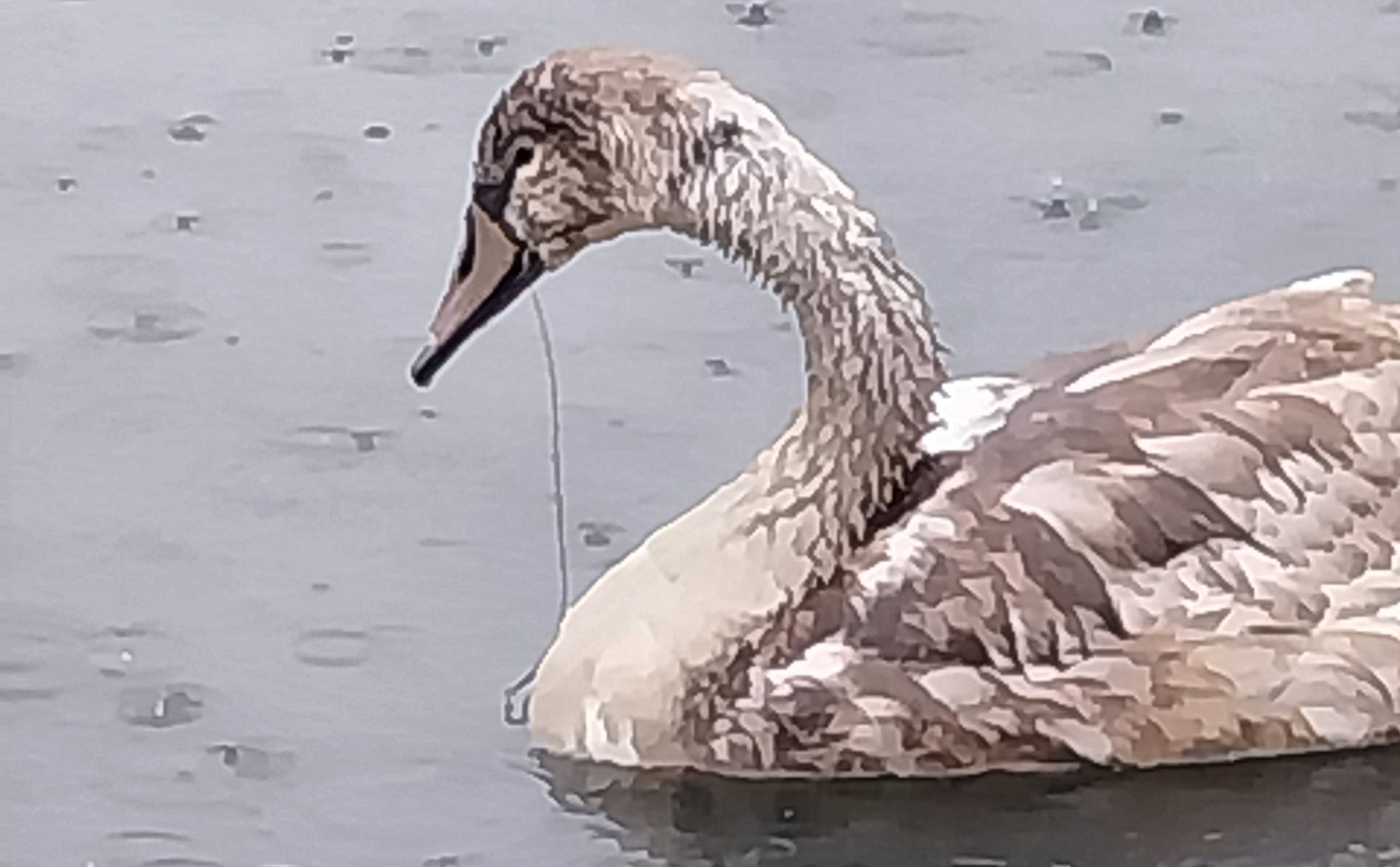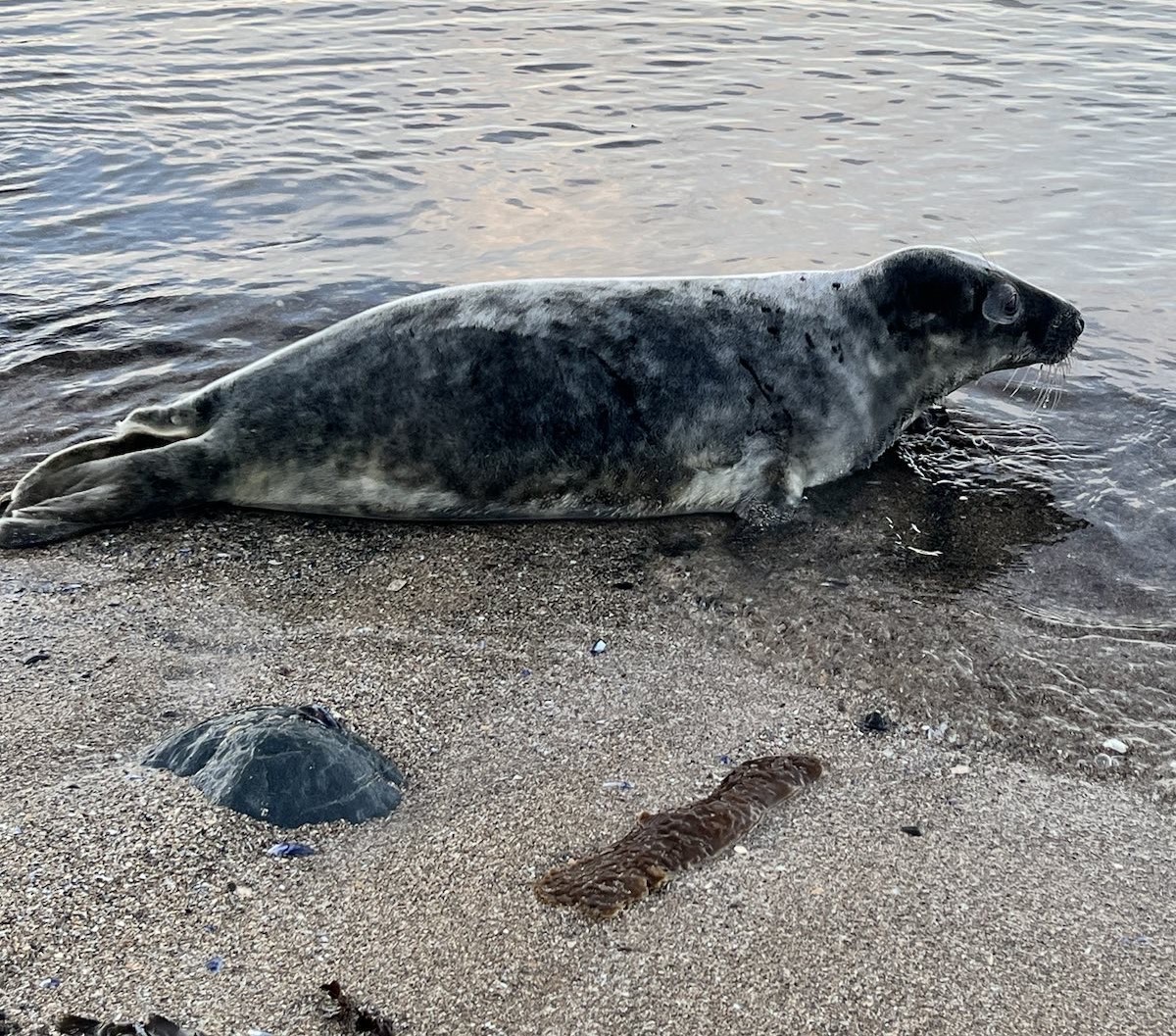Female deer will leave their young from an early age in long grass or under bushes to protect them from predators while they forage for food. As they are a prey animal, the fawn’s instinct is to lie as still as possible so as not to attract predators, leading to members of the public mistakenly thinking they are sick, injured or abandoned.
Assistant manager of the Scottish SPCA’s National Wildlife Rescue Centre, April Sorely said, “Unfortunately, despite repeated appeals to the public to leave young deer alone and monitor them from a distance, we are still seeing fawns coming in to our care who have been removed from their mothers for no reason.
“People often take fawns home and keep them overnight before calling us, meaning there is even less chance of being able to reunite them with their mothers.
“The public may think this is not a serious issue as the animals can be cared for by the Scottish SPCA but fawns are possibly the most complex and challenging animal we deal with at the National Wildlife Rescue Centre. In many cases removing that young animal from the wild is effectively a death sentence.
“As deer are a prey animal, they ultimately see humans as predators. Everything in their body is telling them to get away from us, even when we are the only ones that can save them.
“From a fawn arriving at the centre it could take several days to get them to feed. This means sitting with them as much as possible, all day and all night, trying to encourage them. This process is very stressful for them and for the members of staff involved. They are aware that convincing the animal that they aren’t a threat and to take a feed is literally the difference between life and death.
“As the deer are so stressed at this time, we have to limit the number of staff who work with the fawns to keep the process as consistent as possible. This then impacts the rest of the team who need to cover the care of animals in other parts of the centre.
“When a fawn passes away suddenly from stress or has to be euthanised because they are failing to thrive, it’s incredibly heart breaking for the staff members involved. We try everything we can for the fawns who come in to our care, however some of them will just not accept human contact or the rehabilitation process and the stress is too much.
“Sadly, this doesn’t just cause the death of the fawn involved but can also lead to the doe passing away from the trauma caused when she finds her fawn is missing.
“We would urge the public that if they find a fawn curled up in long grass or under a bush to please, please leave the animal alone. Stay well back and do not alert the fawn to your presence.
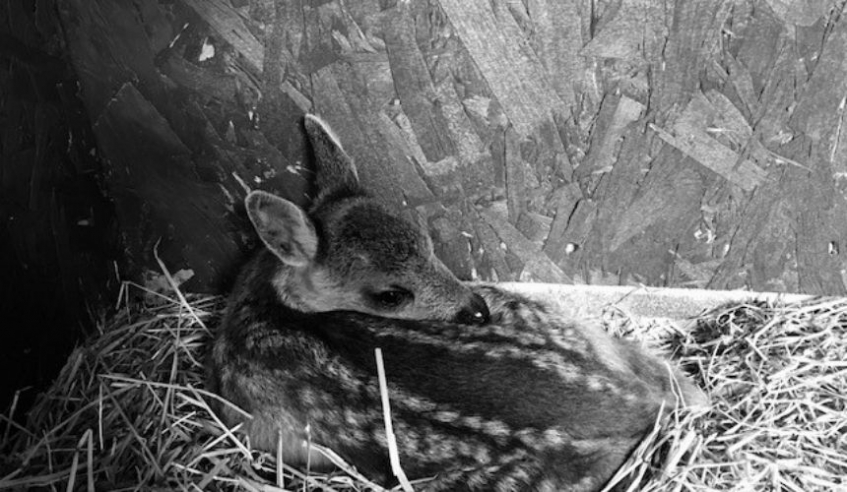
“Please also make sure dogs are kept on a lead if you know there are deer in the area. Even if your dog doesn’t physically harm the animal, an encounter with a perceived predator like a dog can be incredibly frightening for a deer and could cause the fawn to pass away from the shock.
“If you spot a fawn who is walking around and calling out, they may need help. Monitor the fawn for a few hours and if no mother returns to feed the baby then please call our helpline for advice on 03000 999 999.
“If you find a fawn who is visibly injured, in immediate danger, or their mother is dead nearby then please call our helpline.
“It’s a privilege to be able to care for these amazing animals when they need us most but it’s also so upsetting to see animals dying in a situation that is completely avoidable.
“We can’t stress this strongly enough, please leave these animals in the wild where they belong.”



